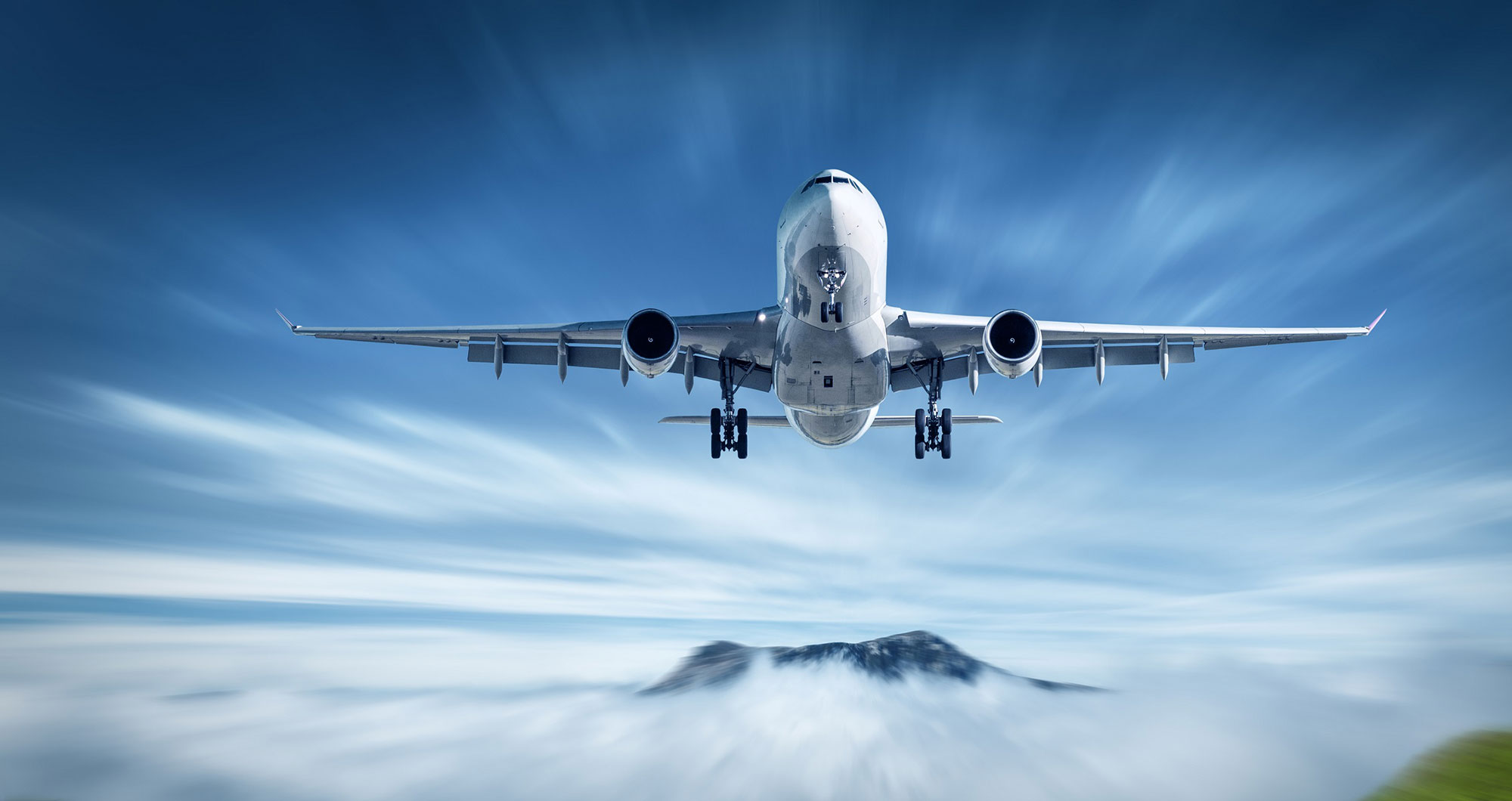The European Commission recently presented the ReFuelEU Aviation regulations, which state that aviation fuels must contain at least 2% sustainable aviation fuels (SAFs) by 2025. These include fuels based on waste oils, such as deep-frying fat. By 2030, the percentage will rise to 5%, of which 0.7% may consist of synthetic fuels, also known as eFuels. By 2050, the quota should increase to 63% SAFs and at least 28% eFuels.
According to the eFuel Alliance, the Commission’s ambitions are insufficient. Diemer: “We need ambitious quotas and we need synthetic fuels to achieve the ambitious climate targets. That is why we advocate a blending of at least 10% SAF in 2030, including a sub-quota for eFuels of 2%. The quota must increase to 75% SAF and a sub-quota of 53% eFuels in 2050. This is necessary to de-fossilise aviation and encourage investment in renewable fuels.”
eFuels are synthetic fuels made with renewable energy, such as solar and wind power. This is still expensive today, but will become much cheaper in the future due to economies of scale, but also due to emissions trading in Europe, Diemer expects. “We will use renewable energy on a large scale for the production of synthetic fuels, which will be produced in places in the world where wind and sun are abundant.”
The European Parliament will vote on the ReFuelEU Aviation Regulation on 7 July.
Image: Neste



